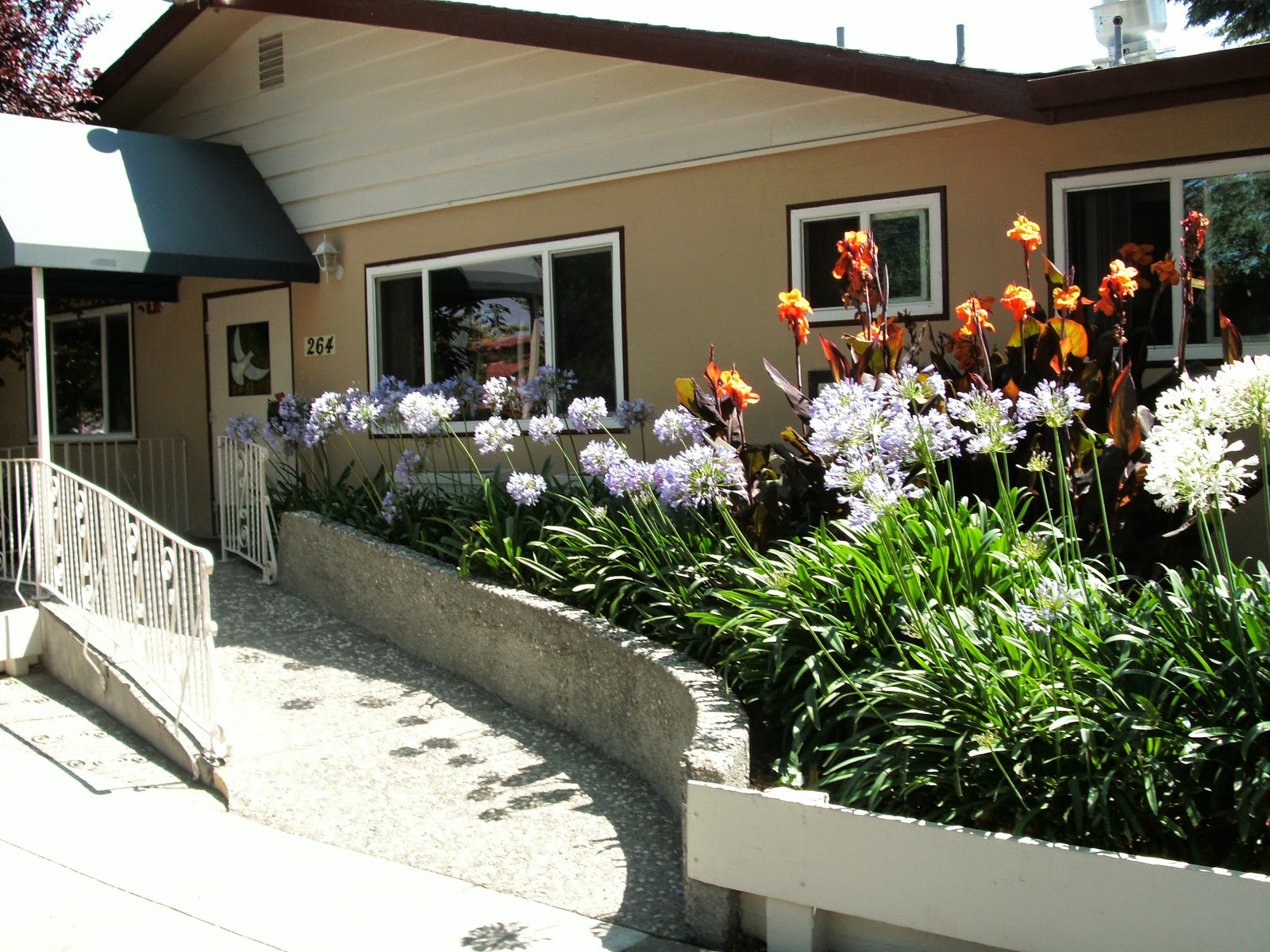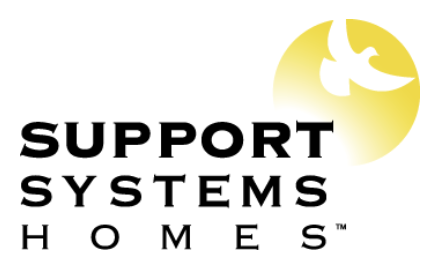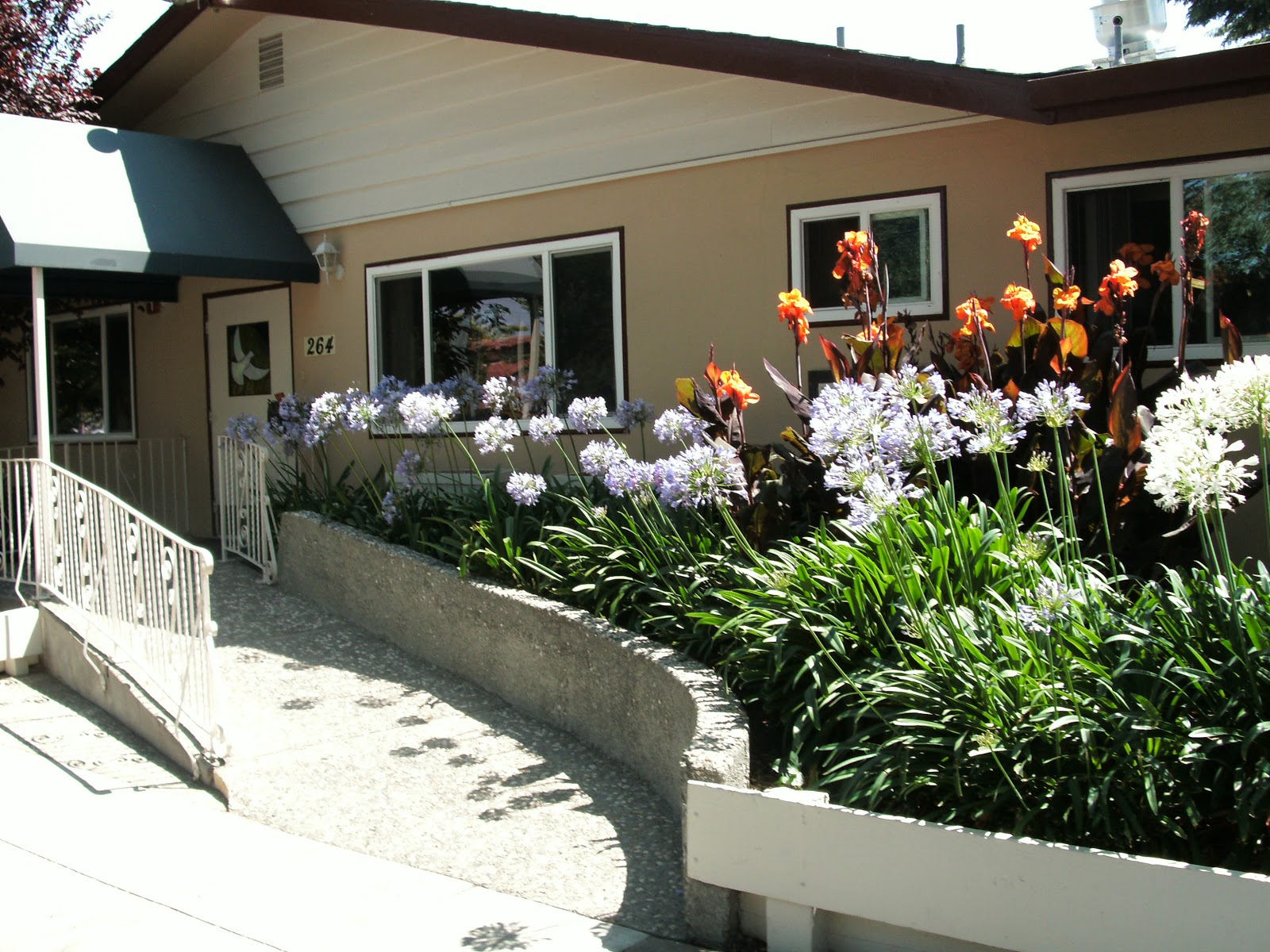Support Systems Homes


Overview
Support Systems Homes is an accredited substance abuse treatment center that provides inpatient and outpatient detoxification, for men and women from 18+ years of age. As part of their special programs, Support Systems Homes To help patients achieve sobriety, Support Systems Homes provides intake assessments. Afterward, patients receive 12-step facilitation, individual psychotherapy, and cognitive behavioral therapy during treatment. Support Systems Homes is located in San Jose, California, providing treatment for people in Santa Clara County, accepting private health insurance and cash or self-payment.
Support Systems Homes at a Glance
Payment Options
- Private health insurance
- Cash or self-payment
Assessments
- Comprehensive substance use assessment
Age Groups
- Adults
- Young adults
Operation
- Private for-profit organization
Accreditations
Commission on Accreditation of Rehabilitation Facilities (CARF):

CARF accreditation is a prestigious recognition for organizations in rehabilitation and human services. It signifies that an organization meets rigorous quality standards and is committed to providing top-notch care. Achieving CARF accreditation involves a thorough evaluation process, including on-site surveys, to ensure excellence in programs and services. This accreditation boosts an organization's credibility, assures clients and funders of quality, and promotes ongoing improvement in the field of rehabilitation and human services.
Treatment At Support Systems Homes

Conditions Treated
24-Hour Clinical Care:
At certain points in the recovery process, it's important to have support available 24/7. 24-hour clinical care offers a safe environment in which to recover from drug or alcohol addiction in peace, knowing medical detox and other treatment will happen with professionals on hand.
Alcoholism:
Alcohol addiction is when a person becomes physically and mentally dependent on alcohol, leading to mood swings, impulsive actions, intense cravings, and withdrawal symptoms. Treatment includes supervised detox, therapy, and support groups. It's important to note that rehabilitation doesn't "cure" alcoholism, but it helps individuals better manage their addiction, regain their ability to function in daily life, and improve their overall well-being.
Opioid Addiction:
Opioid rehabilitation centers are dedicated to assisting individuals on the path to recovery from opioid addiction. They provide specialized care for those struggling with addiction to substances like heroin and prescription opioids such as oxycodone. These facilities offer a comprehensive approach, including medical detoxification, ongoing medical assistance (including medication-based treatment), and therapeutic support to address the root causes of addiction.
Substance use treatment:
Substance use rehabilitation is a comprehensive treatment approach designed to assist individuals struggling with addiction to drugs or alcohol. This form of rehabilitation addresses both the physical dependency, often starting with detoxification, and the psychological triggers, using various therapeutic methods. The objective is to empower individuals to achieve and maintain sobriety, while equipping them with the tools and coping strategies needed to reintegrate into society and lead a substance-free life.

Levels Of Care
Hospital inpatient/24-hour hospital inpatient:
The 24-Hour Hospital Inpatient for Addiction Treatment program offers comprehensive, round-the-clock medical care and support for individuals grappling with substance use disorders and addictions. Situated within a medical hospital environment, this specialized inpatient program is designed to address both the immediate and long-term needs of patients, ensuring their safety, stabilization, and comprehensive recovery.
Detoxification:
Detoxification, often shortened to detox, is like giving the body a fresh start by getting rid of harmful substances like drugs or alcohol someone may have taken. When a person stops taking these substances, they might feel sick or uncomfortable as their body adjusts to the change. Detox helps ease these uncomfortable feelings while making sure the harmful substances are removed from the body in a safe way. This process helps prevent any additional harm caused by the drugs or alcohol.
Aftercare:
Aftercare treatment refers to the continued support and care that individuals receive following the completion of their primary treatment program for substance abuse or addiction. This phase aims to aid individuals in maintaining their sobriety, improving personal skills and coping strategies, and integrating back into society. Aftercare can include ongoing therapy, support group meetings, education, and monitoring, which are crucial for preventing relapse and promoting long-term recovery. Through a combination of community support, accountability, and personal development, aftercare provides a structured pathway for individuals to continue their recovery journey in a supportive environment.
Halfway house:
A sober living home offers a supportive environment where individuals in recovery provide mutual support as they share household responsibilities. Residents participate in 12-step programs and offer accountability for sobriety. To remain in men’s or women’s sober living, individuals must remain drug and alcohol-free, contribute to chores, attend support group meetings, and help cover expenses to live in the home.
Outpatient:
Outpatient programs cater to individuals who are in good medical condition and are not at a heightened risk of relapse, including those who have successfully finished their inpatient treatment. These programs usually build upon clients' existing treatment strategies, providing ongoing addiction counseling and educational support for recovery. Individuals who enter outpatient care right after detoxification may also undergo medical and psychological evaluations, followed by the creation of personalized treatment plans. Most outpatient rehabilitation centers offer various levels of care tailored to meet each client's specific needs.
Hospital inpatient treatment:
Residential treatment programs provide housing, meals, and substance abuse treatment, offering patients an environment dedicated entirely to their recovery, distinct from their everyday life. While some rehab facilities concentrate on short-term stays lasting a few days to a couple of weeks, others emphasize long-term care spanning several weeks to months. Many centers offer both, customizing the treatment based on each patient's unique needs.

Treatment Modalities
12-step facilitation:
12-Step Facilitation is a structured approach employed in rehab facilities to guide individuals through a 12-step program, such as Alcoholics Anonymous or Narcotics Anonymous, to support their recovery from addiction. This facilitation focuses on acceptance, surrender to a higher power, and engagement in a community of support. By meticulously working through each step, individuals are encouraged to develop self-awareness, seek amends, and cultivate a sober, healthier lifestyle through ongoing participation in a recovery-oriented community. This method aims at ensuring a lasting recovery by instilling a sense of accountability and fostering a supportive network of like-minded individuals.
Individual psychotherapy:
Individual therapy, often referred to as psychotherapy or counseling, is a one-on-one therapeutic interaction between a trained therapist and a client. It provides a confidential space for individuals to explore their feelings, beliefs, and behaviors, working through challenging memories, experiences, or emotions. The therapist facilitates self-awareness, promotes personal growth and insight, and offers coping strategies to manage specific issues like stress, anxiety, depression, and other life challenges. The ultimate goal is to improve the individual's mental well-being and enhance their overall quality of life.
Cognitive Behavioral Therapy:
Cognitive Behavioral Therapy (CBT) is a evidence-based psychotherapeutic approach that aims to address dysfunctional emotions, behaviors, and cognitions through a goal-oriented, systematic process. It involves identifying and challenging negative thought patterns and beliefs and replacing them with more constructive ways of thinking and behaving. CBT is commonly used to treat a variety of mental health disorders, including depression, anxiety, and phobias.
Dialectical Behavior Therapy:
Dialectical Behavior Therapy (DBT) is a cognitive-behavioral approach specifically designed to help individuals regulate emotions, enhance interpersonal effectiveness, develop distress tolerance, and increase mindfulness. In addiction treatment, DBT equips individuals with practical skills to manage triggers, cope with stressors, and build a life worth living without resorting to substance use. By addressing both the emotional and behavioral challenges of addiction, DBT fosters personal growth and long-term recovery.
Family counseling:
Family Counseling is a therapeutic approach that seeks to address and resolve conflicts, improve communication, and strengthen relationships within the family unit. By providing a safe space for family members to express their feelings and concerns, a trained counselor facilitates understanding and collaboration among members, promoting healthier dynamics and enhancing overall family well-being.
Nutrition Therapy:
Medical Nutrition Therapy (MNT) is a personalized dietary approach to manage medical conditions and improve health. Spearheaded by registered dietitians or professional nutritionists, MNT involves the formulation of tailored diet plans to address specific health issues, promoting overall physical and mental well-being. Through MNT, individuals are empowered to make informed food choices, which play a pivotal role in their healthcare journey.
Group counseling:
Group therapy entails therapeutic sessions conducted in a collective setting rather than one-on-one. It encompasses various modalities, from support groups and experiential therapy to psycho-education and beyond. The approach focuses on treatment and emphasizes the dynamic interactions and shared experiences among group members.
Life Skills:
Life skills training encompasses a comprehensive set of abilities essential for individuals to thrive in society. These encompass time management, career guidance, financial acumen, and effective communication. In the context of addiction recovery, true success goes beyond mere abstinence; it's about flourishing. Life skills instruction equips individuals with the practical tools needed to navigate society successfully, paving the way for a fulfilling life and, consequently, lasting sobriety.

Additional Locations
Contact Information
DISCLAIMER: The facility name, logo and brand are the property and registered trademarks of Support Systems Homes, and are being used for identification and informational purposes only. Use of these names, logos and brands shall not imply endorsement. BetterAddictionCare.com is not affiliated with or sponsored by Support Systems Homes.



